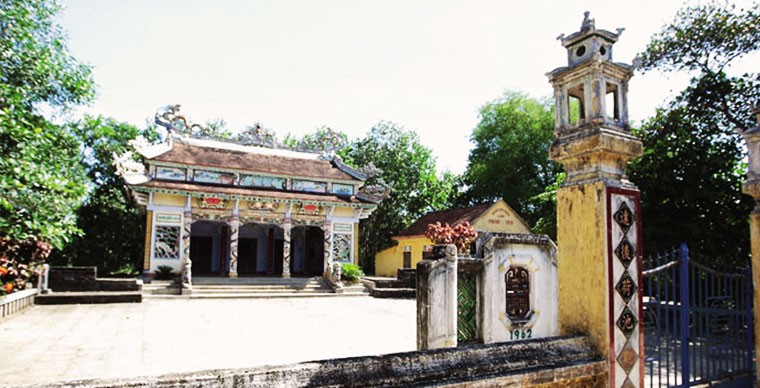
The Rural Face of Hue at Phuoc Tich Village
- on Oct 16, 2019 By: Ngoc Nguyen
On the banks of the O Lau River on the outskirts of Hue, a well-known pottery village keeps track of the past with, among other things, traditional houses that are buried in the tranquil greenery. Phuoc Tich is the 2nd village recognized by the state as a national vestige, after Duong Lam village in Son Tay, Hanoi.
Known for their generally preserved cultural identity, Duong Lam represents a typical northern traditional village, while Phuoc Tich village unveils the rural landscape of the central regions in full authenticity.
Founded in 1470 under the reign of King Le Thanh Tong, its original name is Phuc Giang which means the wish for prosperity brought by the river. It was renamed Hoang Giang in the Tay Son period to commemorate the explorers of Hoang's family. Its current name, which dates back to the time of King Gia Long, evokes the hope of happiness for future generations.
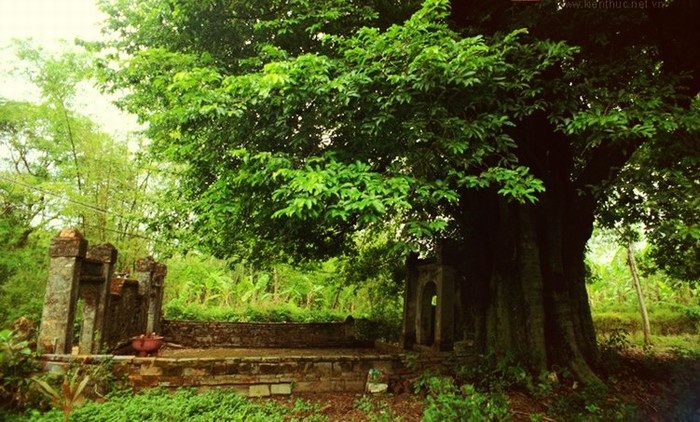
At the entrance to the village stands an ancient tree, almost 550 years old, which is also listed as one of the country's heritage trees. Under the shade stands a small temple dedicated to the genies of the Cham.
Preserved traditional architecture
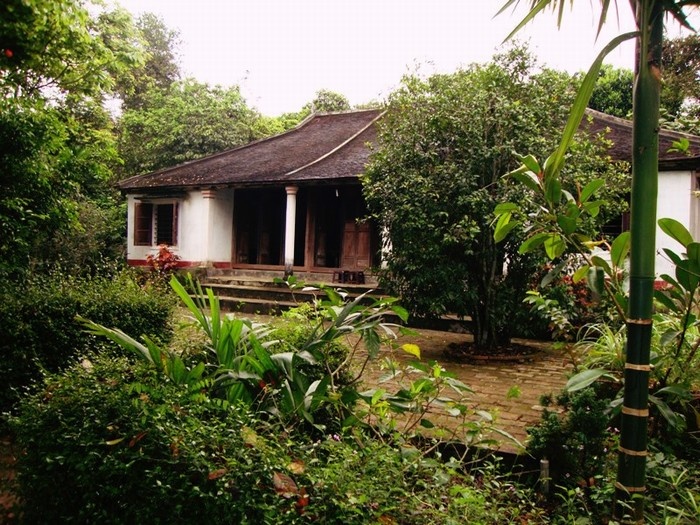
The "Nha vuon" or garden house designates a type of traditional living very present in the surroundings of Hue city for centuries. To understand the architectural and cultural peculiarities, Phuoc Tich is the greatest example. Among a hundred existing buildings, the village preserves 27 old houses and 10 houses of worship of the lineage.
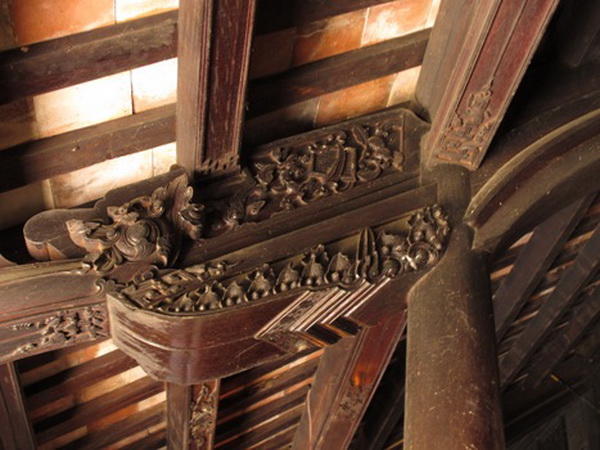
We find everywhere, not the walls, but shrub fences that define the houses nestled in a haven of greenery. Note that the majority of these homes called "nha ruong" consist of three bays with two additional and including a typical timber frame.
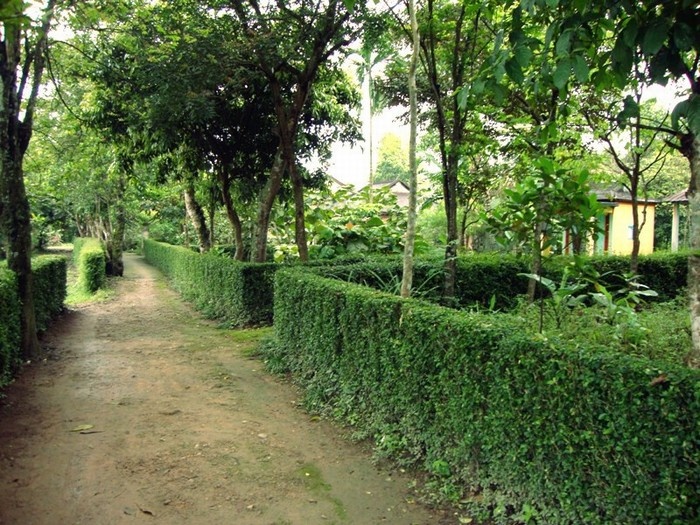
A "nha ruong" charms us not only with an open and idyllic setting but also with its interior decor rich with detailed patterned wood. From the armature to the altar and the furniture, everything feels borne of a great refinement that holds its own against the architecture that is admired in the Nguyen royal family. This is a real family antiques museum that will surprise you with every visit of the old houses of Phuoc Tich.
Go back to the ancestral pottery
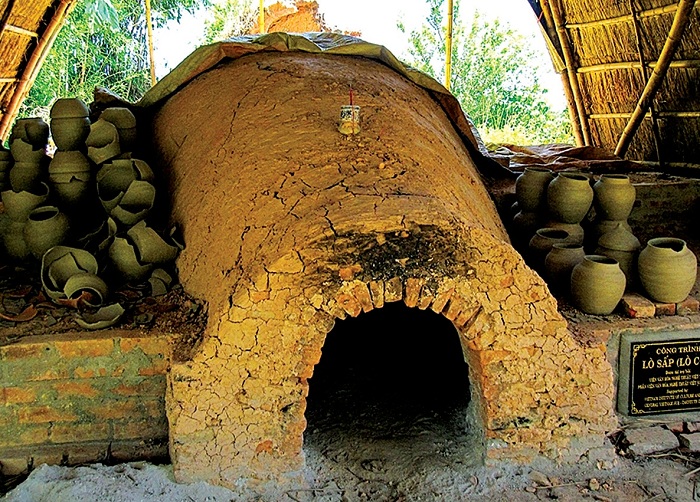 An old pottery kiln in Phuoc Tich
An old pottery kiln in Phuoc Tich
The name of Phuoc Tich was known in the central regions for its quality craft pottery. With a dozen ovens, this production has sustained generations of its population for a long time. At its peak, many pottery items from this hamlet were chosen to be used to serve royal meals. Because of successive crises, its activity was interrupted between the years 1900 and 1968. Faced with the increasing competition of the market from 1975, it suffered a strong regression. The famous potters of the village of Phuoc Tich were still in business in 1989. Since 2006, the activities of promoting the heritage of Hue gave rise to the renaissance of pottery manufacturing in Phuoc Tich.
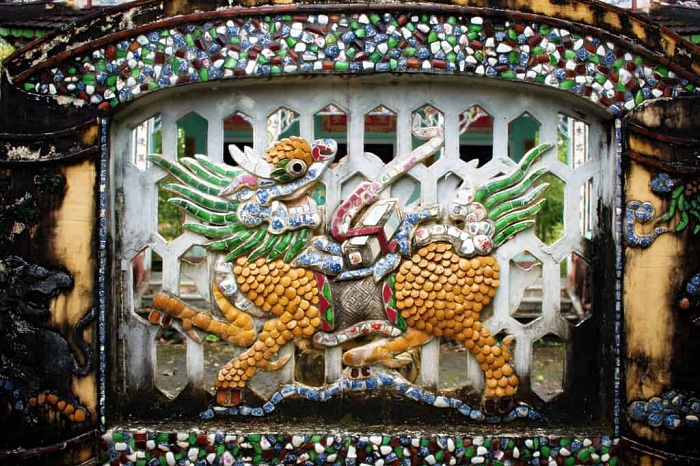
This place is also known as a cradle of talented men because the education continues for its inhabitants, one of their first priorities until recent times. In addition, you can see the temple dedicated to Confucius dating back hundreds of years as a sanctuary of timeless studies.
Access to Phuoc Tich village
Located in Phuoc Phu Hamlet, Phong Hoa Commune, Huong Dien District, 40 km from Hue city to the north, on the border between two provinces of Thua Thien Hue and Quang Tri.
Related articles:
>> Top 4 most beautiful beaches of Hue
>> Hue royal meal, exceptional heritage of Vietnamese cuisine
>> What to do in Hue in 1 or 2 days?
>> Minh Mang Royal Tomb, architectural jewel of Hue
>> Emperor Tu Duc Royal Tomb, a poetic setting around Hue city
>> 3 good reasons to love Hue imperial city
>> Emperor Khai Dinh Royal Tomb, a meeting between Eastern and Western
 Español
Español Français
Français









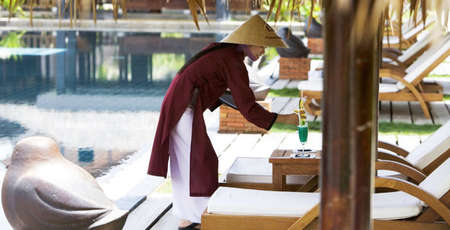
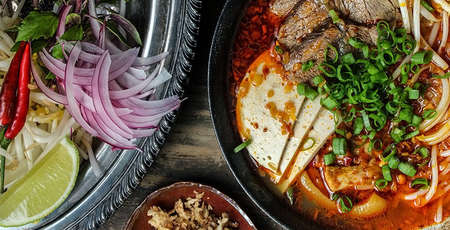
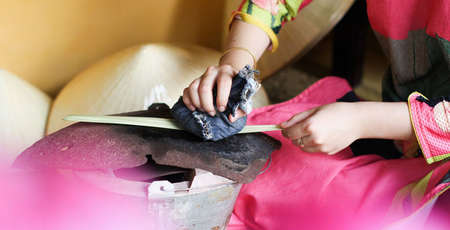
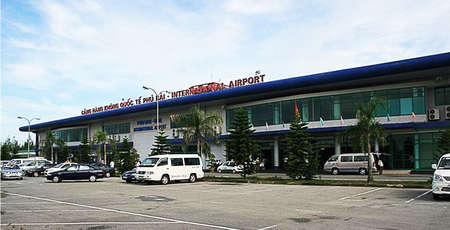
.png)






Timothy O Tool
on Feb 23, 2026Timothy William Groh
on Feb 23, 2026TwelmSC
on Feb 20, 2026Morgane Ter Cock
on Dec 18, 2025HerbertPhomaMS
on Oct 19, 2025